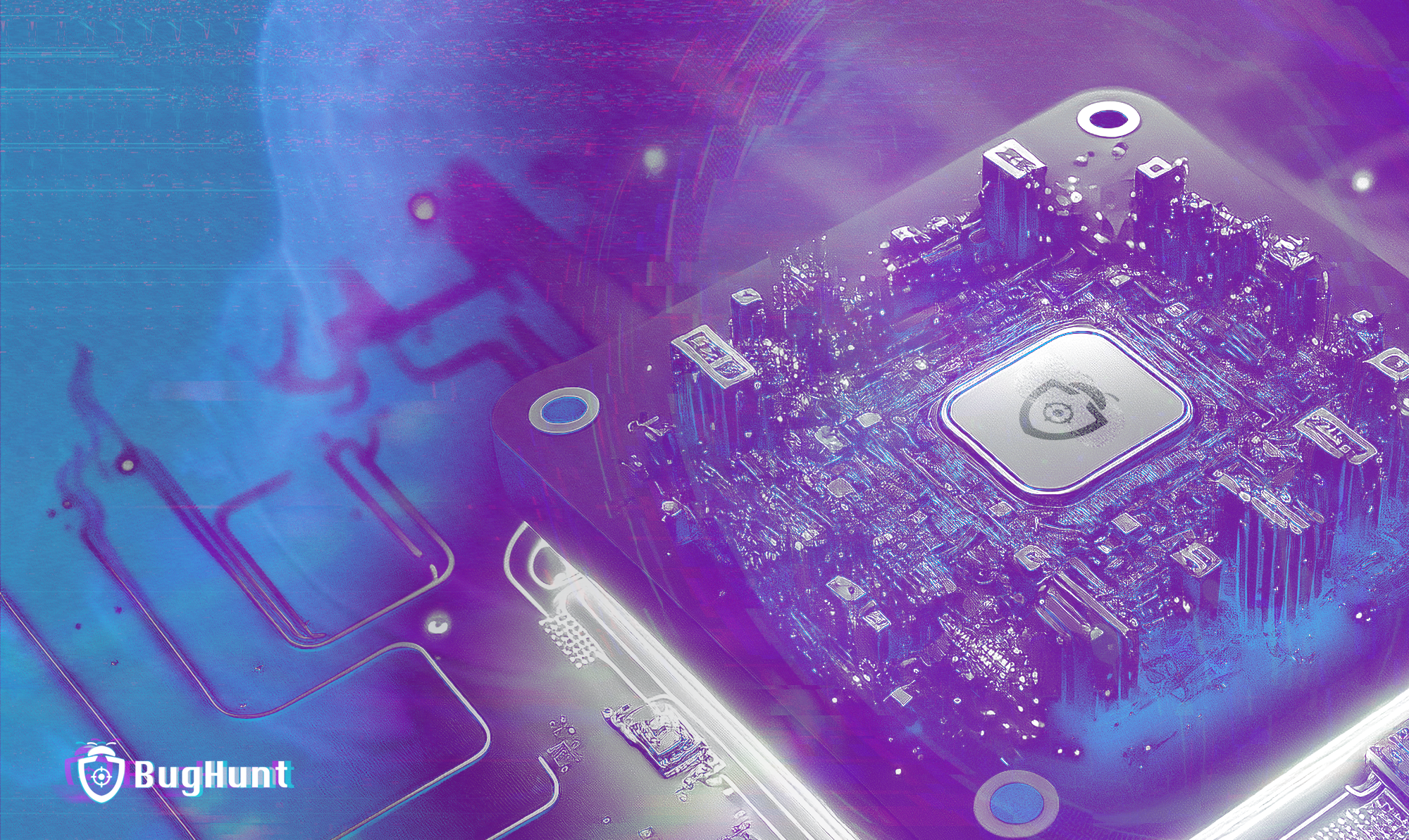Quantum computing and its impact on cybersecurity

Quantum computing is emerging as one of the greatest technological revolutions of the 21st century. Promising a quantum leap (literally) in information processing capacity, this innovation has the potential to transform entire sectors of the economy.
However, along with the opportunities, quantum computing also presents significant challenges, especially in the field of cybersecurity. In this article, we will explore what quantum computing is and how it can affect information security. Enjoy your reading!
What is quantum computing? Quantum computing is a field of computer science that uses principles of quantum mechanics to perform complex calculations exponentially faster than classical computers. While traditional computers use bits as the basic unit of information, representing 0 or 1, quantum computers use qubits. Qubits can exist in multiple states simultaneously, thanks to the phenomenon of superposition. Additionally, they exploit quantum entanglement, where the state of one qubit can depend on the state of another, even if they are physically distant.
These properties enable quantum computers to process massive amounts of information in parallel, making them exceptionally powerful for tasks such as molecular simulation, optimization of complex systems, and, most relevant to this article, breaking traditional cryptography.
Cybersecurity and quantum computing Cybersecurity is about to face an unprecedented challenge with the advent of quantum computing. The encryption methods currently in use, such as RSA and ECC, are based on the difficulty of solving certain mathematical problems that classical computers cannot solve efficiently. However, quantum computers could drastically change this scenario. Here’s how:
Breaking encryption Quantum algorithms, such as Shor's Algorithm, can factor large numbers at an exponentially greater speed compared to traditional algorithms. This means that cryptographic keys, which would currently take thousands of years to break using classical computers, could be compromised in a matter of hours or minutes by a sufficiently powerful quantum computer. This capability jeopardizes the confidentiality of communications and the integrity of data protected by traditional encryption.
Emerging threats Quantum computing not only threatens existing cryptographic methods but may also create new forms of attack that we do not yet fully understand. The ability to process and analyze large volumes of data quickly could enable the creation of new types of malware or intrusion techniques that are currently inconceivable.
Artificial intelligence and quantum computing Artificial intelligence (AI) could also be profoundly impacted by quantum computing. With the enhanced processing power of quantum computers, AI algorithms could be trained much faster and with larger volumes of data. This could take AI to new levels of performance and effectiveness, but it also increases the risk of more sophisticated cyberattacks.
For example, cybercriminals could use quantum AI to create more precise and personalized attacks, exploiting system vulnerabilities with unprecedented accuracy. Conversely, AI combined with quantum computing could be used to decipher behavioral patterns and predict defense responses, rendering current security measures obsolete.
Also read:
- Regulation of Artificial Intelligence in Brazil: Is it possible to ensure ethics, privacy, and security?
Preparing for the quantum future In light of this scenario, it is crucial for the cybersecurity community to begin preparing now for the era of quantum computing. Here are some measures to consider:
Post-quantum cryptography Post-quantum cryptography is an emerging field that seeks to develop cryptographic algorithms that are secure against attacks from quantum computers. This includes developing new cryptographic methods based on mathematical problems that remain difficult to solve even for quantum computers. Organizations and governments around the world are already investing heavily in this research to ensure future security. Notable examples include Microsoft and IBM, which are at the forefront of post-quantum cryptography research, aiming to help businesses prepare and implement these innovative technologies.
Collaboration and innovation Adapting to quantum computing requires a collaborative approach involving governments, industry, and cybersecurity organizations. Developing international standards and protocols for post-quantum cryptography will be essential to ensure that new technologies are adopted uniformly and effectively. Additionally, investing in research and training to develop specialists in quantum computing and security will be vital to addressing the forthcoming challenges.
Education and awareness Another fundamental aspect is awareness and education. Businesses and individuals need to understand the potential impact of quantum computing on the security of their information. Training programs and seminars on post-quantum cryptography and emerging threats can help prepare the workforce for the transition.
Quantum computing represents a milestone in technological evolution, with the potential to transform numerous areas, including cybersecurity. While it offers powerful solutions to complex problems, it also poses significant challenges to data protection. Therefore, it is imperative for the cybersecurity community to take proactive measures to develop and implement quantum-resistant cryptography, ensuring that our information remains secure in a future dominated by quantum computing.
Did you enjoy this topic? Follow us on social media to stay updated on all the latest news in the cybersecurity landscape!

